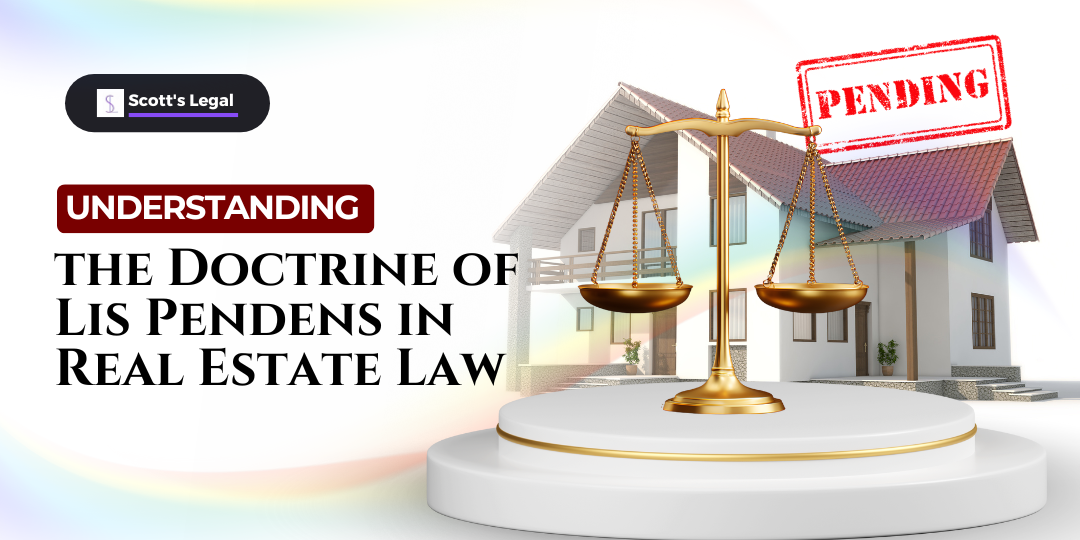For any real estate investor, understanding how to acquire land in Nigeria legally is the first step toward securing a profitable investment. Land transactions in Nigeria can be complex due to the interplay of statutory and customary laws, but when handled correctly, they offer lasting ownership rights and protection under the law.
Whether you’re investing in Lagos, Abuja, or any other part of the country, adhering to the right legal steps to buy land will save you from disputes, fraudulent sales, and invalid transactions.
This guide explains, in practical terms, the full process of buying land in Nigeria, from due diligence and documentation to registration and title perfection. Let’s delve into it.

10 Steps To Take In Acquiring Land In Nigeria
1. Identify the Land You Intend to Buy
Before anything else, determine the location and intended use of the land, residential, commercial, or agricultural.
Key actions include:
- Physical Inspection: Visit the site personally or with your agent. Confirm the land exists, check for encroachments, and ensure it’s accessible.
- Confirm Suitability: Verify that the land use aligns with your intended project (e.g., don’t build a factory on land zoned for residential use).
- Check for Disputes: Ask neighboring landowners and local authorities about the land’s history.
2. Conduct Comprehensive Due Diligence
Due diligence is the most crucial stage in property acquisition in Nigeria. It protects you from buying disputed or government-acquired land.
Key Due Diligence Steps
Request and Review Title Documents:
Ask the seller for copies of:
i Certificate of Occupancy (C of O)
ii. Land Registry Search:
Visit the State Land Registry to confirm:
- The name on the title matches the seller.
- The land is not under any encumbrance (e.g., mortgage, lien, or dispute).
- It is not government-acquired or reserved for public use.
iii. Survey Verification:
Engage a licensed surveyor to verify the coordinates on the survey plan and confirm that the land is not within a government-acquired zone.
iv. Community or Family Verification:
For customary land, meet the family head and key members to confirm ownership. A single person’s consent (without the family’s approval) can invalidate a sale.
v. Litigation Search:
Conduct a court search (High Court or Magistrate Court) in the area to confirm there are no ongoing lawsuits involving the land.
3. Negotiate and Agree on Purchase Terms
Once your due diligence is satisfactory:
- Negotiate the price, payment terms, and possession date.
- Have all agreements documented in writing.
- Avoid verbal promises or informal agreements.
Always involve your property lawyer at this stage to ensure clarity, compliance, and proper documentation.
4. Draft and Execute a Deed of Assignment
The Deed of Assignment is the formal document that transfers ownership from the seller to the buyer. It must be prepared and vetted by a qualified property lawyer.
What the Deed Must Contain
- Full details of both parties
- Description and size of the land (referencing the survey plan)
- Purchase price
- Date of execution
- Signatures of both parties and witnesses
Once signed, the buyer becomes the legal owner, subject to obtaining the Governor’s Consent and registration.
5. Obtain the Governor’s Consent
Under Section 22 of the Land Use Act (1978), any transfer or sale of land covered by a Statutory Right of Occupancy must receive the Governor’s Consent.
Without this, the transaction is considered void under Nigerian law.
Steps to Obtain Consent
i. Apply to the State Ministry of Lands.
ii. Attach:
The executed Deed of Assignment
Survey Plan
iii. Pay the required consent and processing fees.
iv. Wait for official approval and endorsement.
6. Register Your Title at the Land Registry
Registration perfects your ownership and ensures your title is legally recognized. Without registration, your ownership cannot be enforced against third parties.
Steps for Registration:
- Submit the executed Deed of Assignment and supporting documents to the Land Registry.
- Pay stamp duty and registration fees.
- Obtain a registered title or C of O confirming your ownership.
7. Pay All Statutory Fees
Several government fees are payable during the land acquisition process.
Types Of Statutory Fees And Their Purpose
| Fee Type | Purpose |
|---|---|
| Survey Fees | For survey verification and plan preparation |
| Stamp Duties | To stamp the Deed of Assignment |
| Registration Fees | To register the title at the Land Registry |
| Ground Rent | Annual payment to the government for land under Statutory Right of Occupancy |
Failing to pay these fees can delay registration or invalidate your title.
8. Take Physical Possession of the Land
After registration, take immediate possession of your property.
This can include:
- Fencing the land
- Posting a notice of ownership
- Beginning development (if applicable)
Physical possession demonstrates ownership and discourages encroachment or land grabbing.
9. Avoid Common Pitfalls
When learning how to acquire land in Nigeria legally, it’s vital to watch out for red flags that can cost you money or ownership rights.
Common mistakes include:
- Buying unregistered or encumbered land.
- Ignoring Governor’s Consent and registration.
- Falling victim to Omo Onile (land grabbers) who demand illegal fees.
- Buying land under government acquisition.
If you encounter land grabbers, report to the State Task Force on Land Grabbers or relevant law enforcement agencies.
10. Engage Professionals
Buying land in Nigeria involves both legal and technical expertise. Work with:
- A Property Lawyer: To review title documents, prepare contracts, and handle registration.
- A Licensed Surveyor: To verify land boundaries and ensure accuracy.
- A Real Estate Consultant: To advise on location and investment potential.
Conclusion
Understanding how to acquire land in Nigeria legally helps investors avoid costly mistakes, fraud, and ownership disputes. By following these legal steps, from due diligence to registration, you protect your investment and enjoy peace of mind.
Other Articles On The Blog
- Excision and Gazette in Nigeria: Essential Guide for Land Buyers
- Omo Onile in Nigeria – Dealing With Them Legally
Navigating property laws in Nigeria can be complex, but the right legal guidance makes all the difference.
At Scotts Legal, we provide expert support in property acquisition, title investigation, registration, and property management, helping real estate investors make confident, compliant, and secure decisions.
For consultations and inquiries, send us a message – here.





